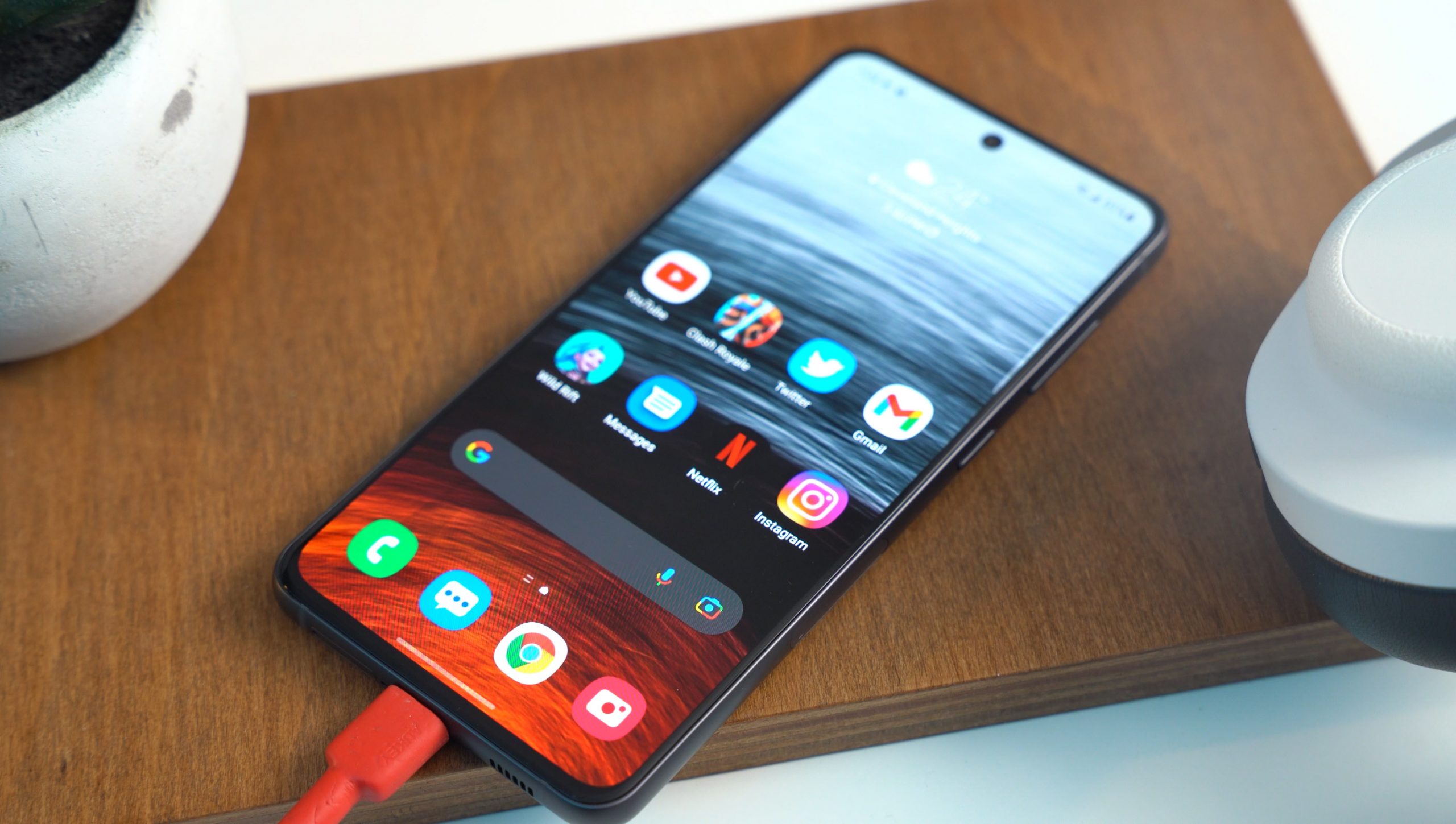If you’re new to the world of Android phones, terms like “rooting” and “bootloader” might seem like jargon from another dimension. Fear not! In this blog post, we’ll demystify these concepts, exploring what they mean, how they work, and whether they’re right for you.
What is Rooting?
Rooting is like unlocking the full potential of your Android device. It gives you “root access,” which means you can dive deep into the system, customize settings, and install apps that are normally off-limits. Think of it as gaining admin privileges on your computer but for your phone.
What is a Bootloader?
A bootloader is a small program that kicks off the operating system when you turn on your device. It’s like the bouncer at a club, deciding which software gets to party on your phone. By default, bootloaders are locked to prevent unauthorized modifications to the system.
How Does Rooting Work?
Rooting involves unlocking the bootloader, then installing custom software that grants root access. It’s like breaking out of jail and replacing the guards with your own team. Once rooted, you can tweak settings, install custom ROMs (modified versions of Android), and unlock features that were previously inaccessible.
Where to Find a Bootloader and How to Unlock It?

Bootloaders can usually be found on the manufacturer’s website or developer forums. To unlock the bootloader, you’ll typically need to follow instructions provided by the manufacturer or use tools like fastboot commands. Be sure to back up your data before proceeding, as unlocking the bootloader may wipe your device clean.
Why Should You Root Your Android Phone?
Rooting isn’t for everyone, but here are some reasons why you might consider it:
- Customization: Rooting allows for deep customization of your device, from changing system fonts to installing custom themes.
- Performance Tweaks: With root access, you can overclock your CPU, optimize system resources, and boost performance.
- Access to Root-Only Apps: Some apps require root access to unlock advanced features, such as Titanium Backup for comprehensive app backups.
Why Shouldn’t You Root Your Android Phone?
Rooting isn’t without risks, so here are some reasons why you might want to think twice:
- Voided Warranty: Rooting your phone usually voids the warranty, meaning you’re on your own if something goes wrong.
- Security Risks: Rooting exposes your device to security risks, as it bypasses built-in protections. Malicious apps could potentially wreak havoc on your system.
- Risk of Bricking: There’s always a risk of “bricking” your device during the rooting process, leaving it as useful as a paperweight.
What Do You Need to Root Your Android Phone?

To root your phone, you’ll need:
- A Compatible Device: Not all devices can be rooted, so check online forums and guides to see if your phone is rootable.
- A Computer: You’ll need a computer to download the necessary files and be able to transfer the files to your phone.
- A USB Cable: This is how you’ll connect your phone to your computer during the rooting process.
- Rooting Software: There are various rooting tools available, such as Magisk, SuperSU, and KingoRoot. Choose one that’s compatible with your device and follow the instructions carefully.
To Sum Up
Rooting your Android phone can be a rewarding experience for tech-savvy users who want to unlock the full potential of their devices. However, it’s essential to weigh the risks and benefits carefully before diving in. If you decide to root your phone, do your research, follow instructions carefully, and proceed with caution.












Comments